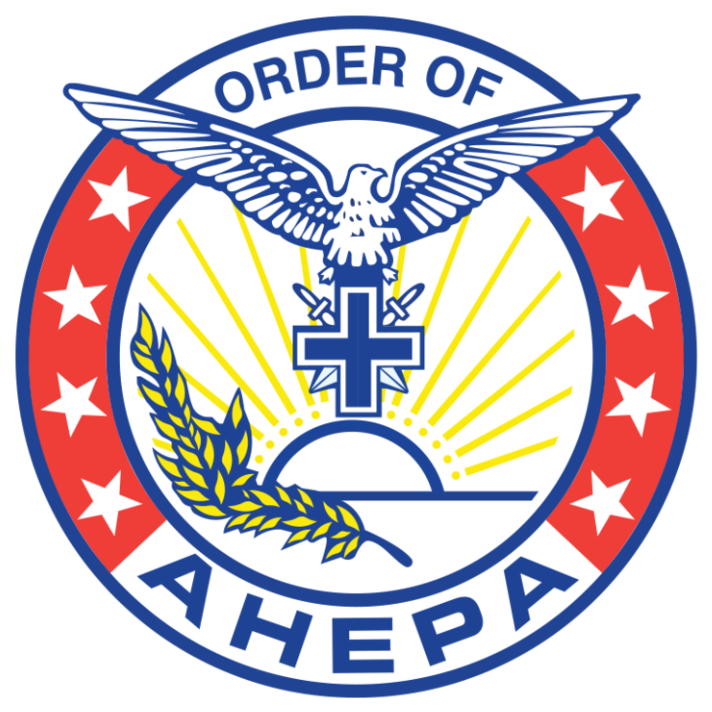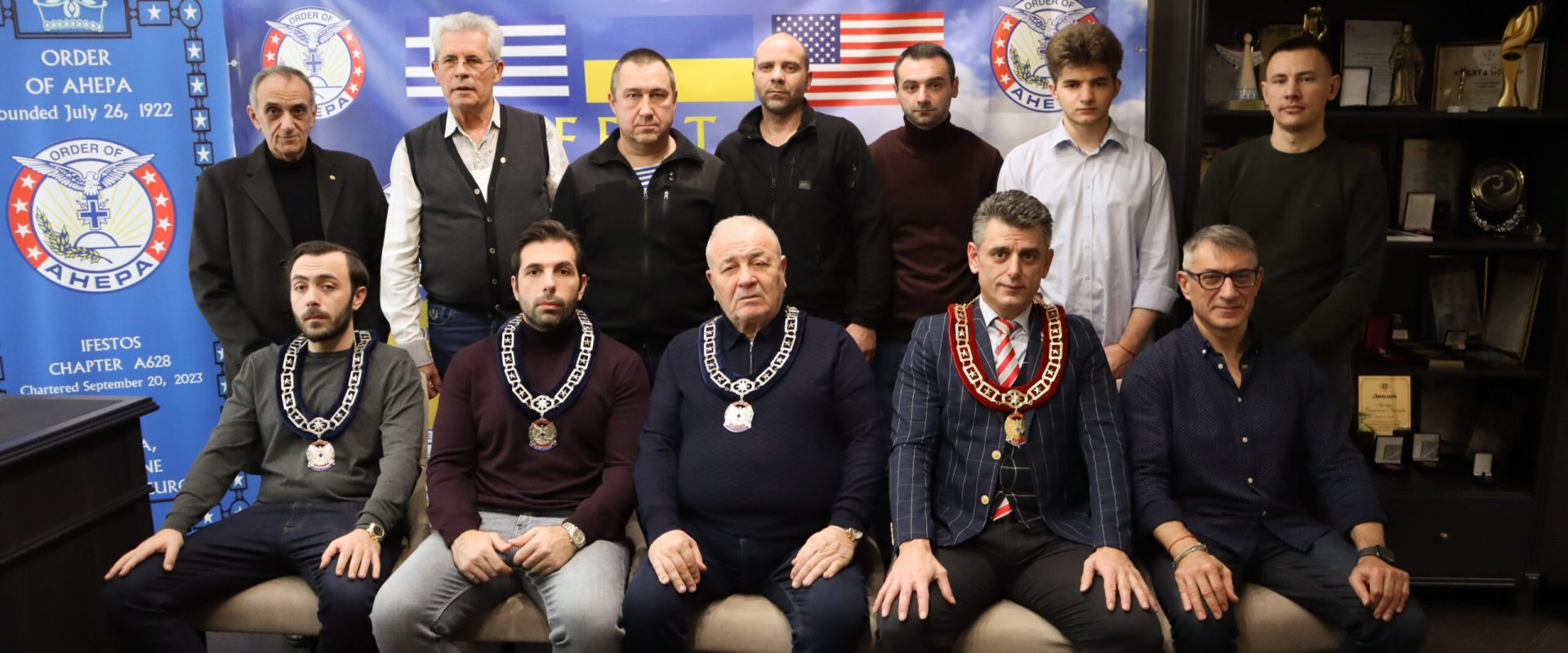- Hellenism
- Charity
- Civil responsibility
- Personal & Family
Excellence - Education
A fundamental element of AHEPA’s mission is the cultivation of the principles of Hellenism in society. These principles include a commitment to humanism, freedom and democracy. The preservation and promotion of these ideals are areas in which AHEPA will always be deeply committed. As part of its programs, AHEPA educates local communities on issues of Hellenism through special forums, symposiums and conferences. A fundamental element of AHEPA’s mission is the cultivation of the principles of Hellenism in society. These principles include a commitment to humanism, freedom and democracy. The preservation and promotion of these ideals are areas in which AHEPA will always be deeply committed. As part of its programs, AHEPA educates local communities about Hellenism through special forums, symposia and conferences.
Charity and volunteering are the mainstays of AHEPA’s activities. From disaster relief to raising funds to eradicate life-threatening diseases, and with significant financial interventions at the local level, AHEPA is on the front lines of philanthropy.
Our roots have a “strong voice”. With chapters in every major metropolitan and rural area of North America, Europe and Australia, AHEPA works to bring the Greek-American community’s position to elected representatives at the federal, state, and local levels, as well as to our diplomatic leaders. These questions concern relations between Greece, Cyprus and Turkey. However, our constituents are also interested in areas of domestic policy related to charitable, government, and community programs that serve the best interests of the United States. AHEPA informs its constituents about these issues through seminars and conferences involving experts from the US government, prominent Washington figures, members of think tanks and representatives of the business community. In addition, AHEPA uses the Congressional Scorecard, an assessment tool, to closely monitor the position of each member of the US Congress on Greek-American issues.
What sets AHEPA apart from other organizations is the creation of the AHEPA family. Together with the three affiliated organizations, AHEPA works as one unit to accomplish a common mission. Together, these four organizations have contributed more than a billion dollars to national projects throughout their history. The organization “Daughters of Penelope” was founded on November 16, 1929, as the Women’s Organization of AHEPA. It is the first Greek-American women’s organization in the United States. One of her biggest accomplishments is Penelope House, a shelter for battered women in Mobile, Alabama. It is the first shelter for battered women and their children in the state. The organization “Sons of Pericles” was founded on February 3, 1926 and was officially recognized as AHEPA Youth in 1928. Finally, the Daughters of Athena was founded on July 5, 1930, as a youth aid organization for the Women of AHEPA. The two youth groups have collaborated to contribute to causes such as: Muscular Dystrophy, the Deborah Heart and Lung Foundation, Spesial Olympics, St. Basil the Great Academy and the Cooley Anemia Research Center.
AHEPA’s commitment to education is well documented throughout its history. In total, more than $4 million in scholarships have been awarded at the local, regional and national levels, with half a million dollars awarded each year. Thousands of young men and women have received AHEPA scholarships. Perhaps the best-known scholar is ABC journalist and former advisor to President Bill Clinton, George Stephanopoulos. The scholarship program, at the national level, is administered by the AHEPA National Education Foundation. Scholarships are offered to a wide range of students. The recipients of the aid are university students and not only, seminary students, including those entering the Greek Theological School “Timios Stavros”. Also high school graduates, students and graduate students who aspire to become leaders of tomorrow. Supporting Greek and classical studies programs at universities and colleges is an important issue for the AHEPA Education Foundation. A sub-committee of the Foundation, the Greek Committee of Culture, actively works to support the study of classical studies in universities. In addition, such educational programs as “Journey to Greece” and “Internship in Washington” are financed by the foundation.















